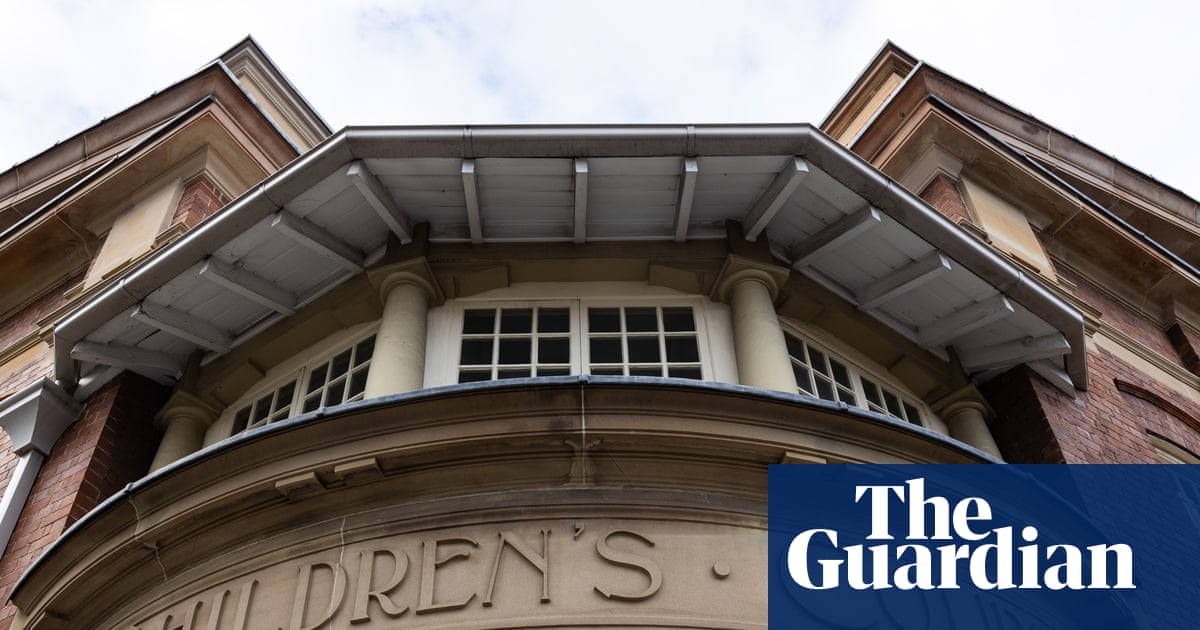
A centuries-old legal presumption that children aged between 10 and 14 are not capable of evil should become law, a New South Wales review led by a former supreme court judge and a former senior NSW police figure has recommended.
In NSW, the criminal age of responsibility is 10 but the common law presumption of doli incapax – Latin for “incapable of evil” – can apply up to 14, offering protection for children being prosecuted on the presumption they don’t understand the difference between right and wrong.
The presumption can be rebutted by the prosecution, but in 2016 a high court ruling clarified how it should be applied – prosecutors must prove the child understood they were seriously wrong when committing a crime.
Since then, conviction rates of children aged 10 to 13 have plummeted and the state Nationals have been pushing the NSW government and the Liberals to support a change to doli incapax.
The review follows a NSW Bureau of Crime Statistics and Research (Bocsar) report finding the proportion of 10- to 13-year-olds prosecuted in court fell from 76% in 2015-16 to 16% in 2022-23.
Sign up: AU Breaking News email
According to Bocsar, Aboriginal children and children living in regional and remote NSW are disproportionately represented in the state’s criminal justice system. Aboriginal legal groups said the criminal age should be raised to 14 and the presumption of doli incapax removed altogether.
The review, led by Geoffrey Bellew SC, the state parole authority chair and a former supreme court judge, and Jeffrey Loy, a former NSW police deputy commissioner, was released Saturday.
Seven recommendations included a new legislative framework for enacting the presumption of doli incapax in NSW, which should confirm the presumption that, unless rebutted, a child over the age of 10 and under the age of 14 cannot commit an offence.
In the report, Bellew and Loy acknowledged the current test for determining whether the presumption has been rebutted “imposes a high threshold” but said the difficulty was an “important safeguard against the possibility of inappropriate findings of criminal responsibility when a child lacks that knowledge, and recognises the considerable vulnerability of children aged 10–13 years and the significant impact upon such children of a criminal conviction.”
The report acknowledged “youth crime is a justifiable concern for many communities in NSW” but said the data indicated it is only a small proportion of children in the 10 to 13 age group who engage in serious or persistent offending.
“It is therefore important not to conflate that focus with broader concerns stemming from youth crime which involves older children.”
They recommended introducing a voluntary pathway for children within the criminal justice system, including referrals, conduct assessments and support plans for children with complex needs.
They also recommended the government consider introducing court orders that allow children aged 10 to 13 therapeutic treatment in appropriate circumstances.
In a statement released Saturday, the NSW attorney general, Michael Daley, said the review shows “the current settings are not operating in the best interests of children or the broader community”.
“We don’t want a situation where children are left without any intervention when charges are dismissed or withdrawn, only to come back before the courts because they were not supported to change their behaviour,” Daley said.
The chief executive of the Aboriginal Legal Service, Karly Warner, welcomed the report’s recommendations.
“We know that locking children up not only compounds trauma for that child, it also increases the likelihood that they will reoffend as an adolescent or adult – ultimately increasing future crime,” Warner said in a statement.
At the announcement of the review in May, Timothy Roberts, the president of the NSW Council for Civil Liberties, said it was “completely unnecessary” in the first place.
Roberts questioned the fact that “at a time when the people of NSW should be asking ourselves, whether children as young as 10, children in year 4 or 5 in primary school, should face criminal charges at all, this government has commissioned a review that undermines basic legal principles that protect our community from unfair prosecutions.”
“What is wrong with the court saying that we need to be sure that children, as young as 10, facing criminal charges know that what they are accused of is wrong and we know this beyond reasonable doubt. Less young children in prison is a good thing,” Roberts said.
Disclaimer : This story is auto aggregated by a computer programme and has not been created or edited by DOWNTHENEWS. Publisher: theguardian.com






